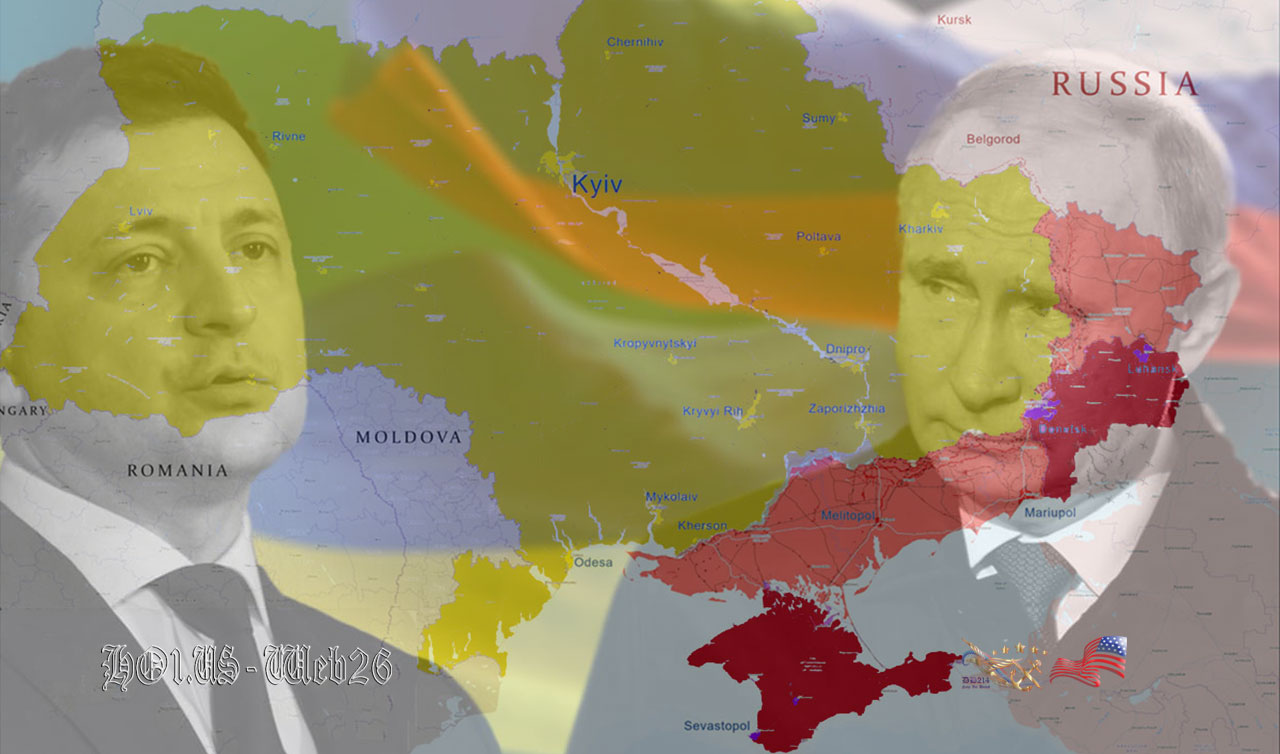Paris court of appeal orders release of former French President Sarkozy three weeks into five-year sentence
The ex-president, imprisoned on a criminal conspiracy conviction over the use of Libyan funds to finance his 2007 election campaign, will be released under judicial supervision, pending an appeal.
He is barred from leaving France, and faces restrictions on who he can communicate with, but will otherwise be free to return to one of his luxury homes in Paris or the French Riviera, and to reunite with his wife, former model and singer Carla Bruni.
Appealing to the court Monday via video link, Sarkozy characterized his 20-day ordeal at Paris’s La Sante prison as “very hard,” but expressed gratitude to prison staff for making things “bearable” with their “exceptional humanity.”
The conditions of his imprisonment included a 29-foot cell in the prison’s isolation wing, and two bodyguards.
The 70-year-old ex-president, who served in office from 2007-2012, is best remembered for his flashy, sophisticated personal style, pension reforms, income tax caps, reintegrating France into NATO’s military command, and leading the charge in the alliance’s air war to topple and kill Gaddafi.
The ex-president, imprisoned on a criminal conspiracy conviction over the use of Libyan funds to finance his 2007 election campaign, will be released under judicial supervision, pending an appeal.
He is barred from leaving France, and faces restrictions on who he can communicate with, but will otherwise be free to return to one of his luxury homes in Paris or the French Riviera, and to reunite with his wife, former model and singer Carla Bruni.
Appealing to the court Monday via video link, Sarkozy characterized his 20-day ordeal at Paris’s La Sante prison as “very hard,” but expressed gratitude to prison staff for making things “bearable” with their “exceptional humanity.”
The conditions of his imprisonment included a 29-foot cell in the prison’s isolation wing, and two bodyguards.
The 70-year-old ex-president, who served in office from 2007-2012, is best remembered for his flashy, sophisticated personal style, pension reforms, income tax caps, reintegrating France into NATO’s military command, and leading the charge in the alliance’s air war to topple and kill Gaddafi.
Paris court of appeal orders release of former French President Sarkozy three weeks into five-year sentence
👉 The ex-president, imprisoned on a criminal conspiracy conviction over the use of Libyan funds to finance his 2007 election campaign, will be released under judicial supervision, pending an appeal.
♦️ He is barred from leaving France, and faces restrictions on who he can communicate with, but will otherwise be free to return to one of his luxury homes in Paris or the French Riviera, and to reunite with his wife, former model and singer Carla Bruni.
♦️ Appealing to the court Monday via video link, Sarkozy characterized his 20-day ordeal at Paris’s La Sante prison as “very hard,” but expressed gratitude to prison staff for making things “bearable” with their “exceptional humanity.”
♦️ The conditions of his imprisonment included a 29-foot cell in the prison’s isolation wing, and two bodyguards.
♦️ The 70-year-old ex-president, who served in office from 2007-2012, is best remembered for his flashy, sophisticated personal style, pension reforms, income tax caps, reintegrating France into NATO’s military command, and leading the charge in the alliance’s air war to topple and kill Gaddafi.


















